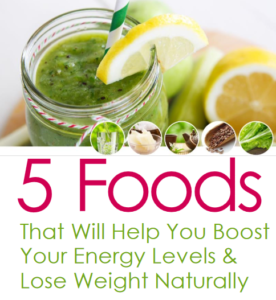Why I Use Essential Oil Daily
Essential oils are one of the hottest natural products out there right now and that’s because they’re a wonderful natural tool to have in your medicine chest, along with a high quality diet, exercise and stress management.
We’ve been using essential oils in our home for several years, If you don’t know know how to use essential oils, don’t feel overwhelmed or intimidated by how to get started with essential oils. It’s really easy and a lot of fun!
The potency of essential oils?
Did you know that one drop of peppermint oil is the equivalent of 28 glasses of peppermint tea!
You might be inclined to think that more is better, this is definitely not the case when it comes to essential oils – start small and then add more if needed.
There are many essential oils I use in my home all the time and so as not to overwhelm you, I’ll be sharing the oils one by one and on my blog.
HERE ARE MY TOP 3 ESSENTIAL OILS
Lavender – This is an oil that I use daily, especially to help with a restful sleep. You can spray it in your room or add a drop to your pillow. I also like to diffuse it in my bedroom. I’ve used it for my son when he is anxious and most nights I spray his room with lavender.
This was the first indication that I was going to love essential oils when I heard this story- “In 1910 French chemist and scholar René-Maurice Gattefossé discovered the virtues of the essential oil of lavender. Gattefossé badly burned his hand during an experiment in a perfumery plant and plunged his hand into the nearest tub of liquid, which just happened to be lavender essential oil. He was later amazed at how quickly his burn healed and with very little scarring. This started a fascination with essential oils and inspired him to experiment with them during the First World War on soldiers in the military hospitals.” I was sold and ever since then I’v always had lavender in my home.
 Lavender has been used and cherished for centuries, the Egyptians and Romans used Lavender for bathing, relaxation, cooking, and as a perfume.
Lavender has been used and cherished for centuries, the Egyptians and Romans used Lavender for bathing, relaxation, cooking, and as a perfume.
Its calming and relaxing qualities, when taken internally, continue to be Lavender’s most notable attributes.
Applied topically, Lavender is frequently used to reduce the appearance of skin imperfections.
Add to bath water to soak away stress or apply to the temples and the back of the neck. Add a few drops of Lavender to pillows, bedding, or bottoms of feet to relax and prepare for a restful night’s sleep.
Due to Lavender’s versatile properties, it is considered the must-have oil to have on hand at all times.
Uses
- Soothes occasional skin irritations
- Taken internally, Lavender reduces anxious feelings and promotes peaceful sleep. This must be be certified
- Helps ease feelings of tension.
- Add a few drops of Lavender to pillows, bedding, or bottoms of feet at bedtime.
- Freshen your linen closet
- Use in cooking to soften citrus flavors and add a flavorful twist to marinades, baked goods, and desserts. Add to a glass of water.
Frankincense
This is one of my favourite essential oils to use in my moisturising facial oil it helps hydrate and rejuvenate your skin. Add a drop or 2 to your face cream for smooth skin (amazing for fine lines). Rub over your forehead and back of neck for calming, on soles of feet for relaxing.
It’s also a maximiser – that means that when applied under any other oil it maximises their benefit. It supports healthy cellular function (it is one of the most prized oils).
Add Frankincense to your daily facial cleanser to help revitalise and beautify your skin or apply Frankincense and Fractionated Coconut Oil to freshly-shaven skin to reduce any possible skin irritation caused by the razor on your face or your legs.
Frankincense promotes feelings of peace and overall wellness when us ed aromatically,
ed aromatically,
Description
Renowned as one of the most prized and precious essential oils, Frankincense has extraordinary health benefits.
In addition to its notoriety in the New Testament, the Babylonians and Assyrians would burn Frankincense in religious ceremonies and the ancient Egyptians used Frankincense resin for everything from perfume to salves for soothing skin.
This centuries-old knowledge contributes to the modern uses of Frankincense today. It’s soothing and beautifying properties are used to rejuvenate skin and help reduce the appearance of imperfections when applied topically.
As the king of oils, Frankincense is known to support healthy cellular function when used internally*.
When inhaled or diffused, Frankincense promotes feelings of peace, relaxation, satisfaction, and overall wellness.
- Apply topically to help reduce the appearance of skin imperfections.
- Can be applied to the bottoms of feet to promote feelings of relaxation and to balance mood.
- Take one to two drops in a veggie capsule to support healthy cellular function.*
- Ingest to support healthy cellular function*
- Aroma promotes feelings of relaxation
- Helps reduce the appearance of skin imperfections when applied topically
- Supports healthy immune, nervous, and digestive function when taken internally*
Lemon Oil
For ease of use this oil is fantastic, I add a drop of the fresh, zingy lemon oil to my bottle of water. So easy. A drop in my water first thing in the morning to kick start my digestion and support my liver and to detox.
 I also add this to my home cleaning products – has a fabulous fresh smell. No wonder most of the store bought products have lemon fragrance (artificial at best)
I also add this to my home cleaning products – has a fabulous fresh smell. No wonder most of the store bought products have lemon fragrance (artificial at best)
Lemon is great for sticky spots and residue and giving your stainless steel a sparkle after rubbing a drop of lemon on it.
Description
Lemon has multiple benefits and uses. It’s a powerful cleaning agent that purifies the air and surfaces.
When added to water, Lemon provides a refreshing and healthy boost throughout the day. Lemon is frequently added to food to enhance the flavor of desserts and main dishes. Taken internally, Lemon provides cleansing and digestive benefits and supports healthy respiratory function.
When diffused, Lemon is very uplifting and energizing and has been shown to help improve mood.
- Add Lemon oil to a spray bottle of water to clean tables, countertops, and other surfaces. Lemon oil also makes a great furniture polish; simply add a few drops to olive oil to clean, protect, and shine wood finishes.
- Use a cloth soaked in Lemon oil to preserve and protect your leather furniture and other leather surfaces or garments.
- Lemon oil is a great remedy for the early stages of tarnish on silver and other metals.
- Diffuse to create an uplifting environment.
- Cleanses and purifies the air and surfaces
- Naturally cleanses the body and aids in digestion*
- Supports healthy respiratory function*
- Promotes a positive mood
HOW TO MAKE ESSENTIAL OILS PART OF YOUR DAY
Below are a few ways in which you can start using essential oils, and you’ll be surprised in how many areas of your life you are able to use youressential oils:
- Apply to the skin
- Simply inhale
- Steam inhalation
- Use an essential oil diffuser
- Use in a bath
- Aromatherapy massage
- Internal use (this is totally dependant on the quality of oil and is oil specific)
 As Western holistic care and naturopathic remedies continue to provide alternative solutions for people desiring to take charge of their own health care, it is important to have a firm understanding of essential oils.These oils are a popular alternative for those desiring more natural remedies to energy, immunity, mood, aches/pains, breathing issues, hormone balancing, beauty, anxiety, sleep, allergies.
As Western holistic care and naturopathic remedies continue to provide alternative solutions for people desiring to take charge of their own health care, it is important to have a firm understanding of essential oils.These oils are a popular alternative for those desiring more natural remedies to energy, immunity, mood, aches/pains, breathing issues, hormone balancing, beauty, anxiety, sleep, allergies.
Essential oils can be an amazing health care solutions for many people, it is important to know what you’re doing before you start using them.
So, are you ready to harness the power of the world’s most proven therapeutic compounds? Are you ready to learn which oils to use in your essential oil diffuser or in other ways?
Explore the many essential oils benefits and uses, and open your mind to a whole new way of preventing and reversing health conditions that you’ve been battling for years.
*These statements have not been evaluated by the Food and Drug Administration. This product is not intended to diagnose, treat, cure, or prevent any disease

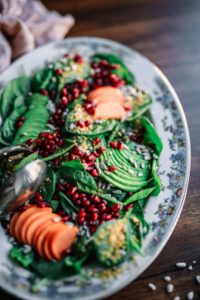
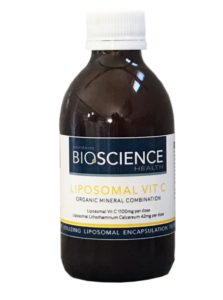

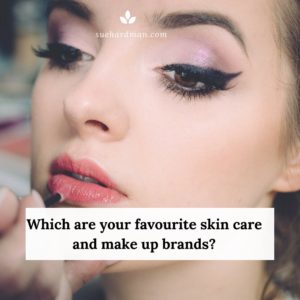
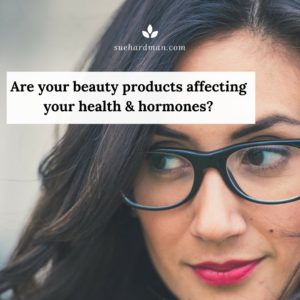
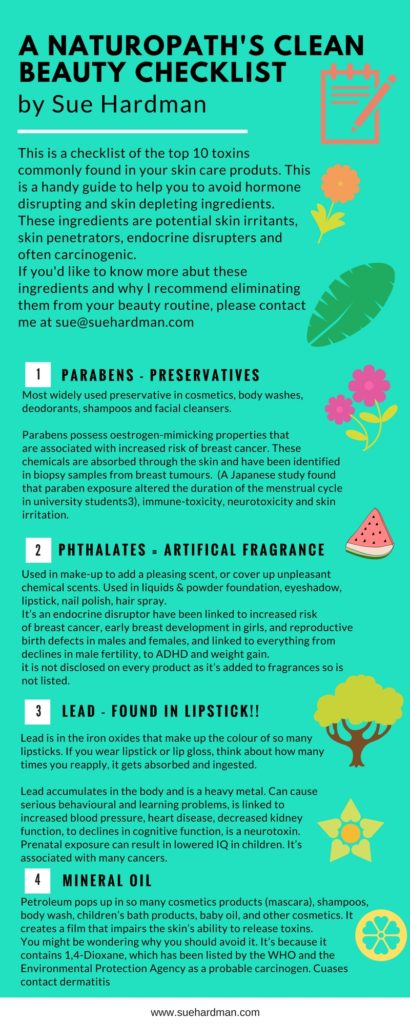
 Omega-3 fatty acids are found in fatty fish, such as herring, sardines, and salmon. Other sources of omega-3s include flaxseeds & walnuts. Omega-3s are known to decrease inflammation and may reduce the risk of acne and other skin problems.
Omega-3 fatty acids are found in fatty fish, such as herring, sardines, and salmon. Other sources of omega-3s include flaxseeds & walnuts. Omega-3s are known to decrease inflammation and may reduce the risk of acne and other skin problems.